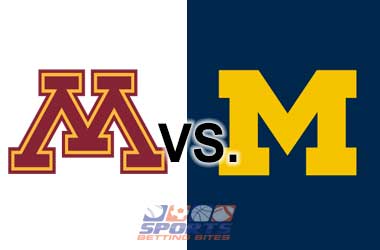 The push to get sports betting legalised in Colorado has paid off as Proposition DD got the required votes to go through. Colorado now becomes the 19th state in the country to legalise sports betting since the Supreme Court struck down the Professional and Amateur Sports Protection Act of 1992 back in May 2018.
The push to get sports betting legalised in Colorado has paid off as Proposition DD got the required votes to go through. Colorado now becomes the 19th state in the country to legalise sports betting since the Supreme Court struck down the Professional and Amateur Sports Protection Act of 1992 back in May 2018.
Colorado saw a turnout of over 1.3 million voters and when it was all said and done, it was a very close result. Media reports (unofficial) state that 51 percent of the votes were in favour of legalising sports betting while 49 percent of the votes were against Proposition DD.
The sports betting bill highlighted a number of benefits that legalised betting would bring to the state. One of the main benefits was that sports betting taxes would be used to fund a water conservation plan in Colorado. However, the language present in Proposition DD was not very clear to voters and it could be one of the reasons why it witnessed a 49 percent vote against it.
CBS Denver
While most states are pushing for sports betting legalisation based on the benefits it would bring to the state budget via betting taxes, the numbers are not all that impressive. Reports show that seven states which had legalised sports betting during the last fiscal (ending June 2019) brought in a combined total of only $74M in state taxes.
Colorado expects its sports betting industry to be up and running by May 2020 should everything go as per plan. There are currently 33 casinos in the state and all of them will be eligible to offer sports betting services.
The sports betting regulation allows for operators to offer both in-person, online and mobile betting services. Sports betting operators in Colorado will be able to offer betting on collegiate, domestic and international sports. If sportsbooks manage to get things up and running by early May, they will be able to offer bets on the NBA playoffs.
FanDuel and DraftKings which are two of the most popular sports betting operators invested a combined total of $1.5 million to push Proposition DD. They are expected to be the frontrunners to manage betting operators for Colorado’s casinos.
The state will impose a 10 percent sports betting tax which is expected to net the state around $11 million each year.





